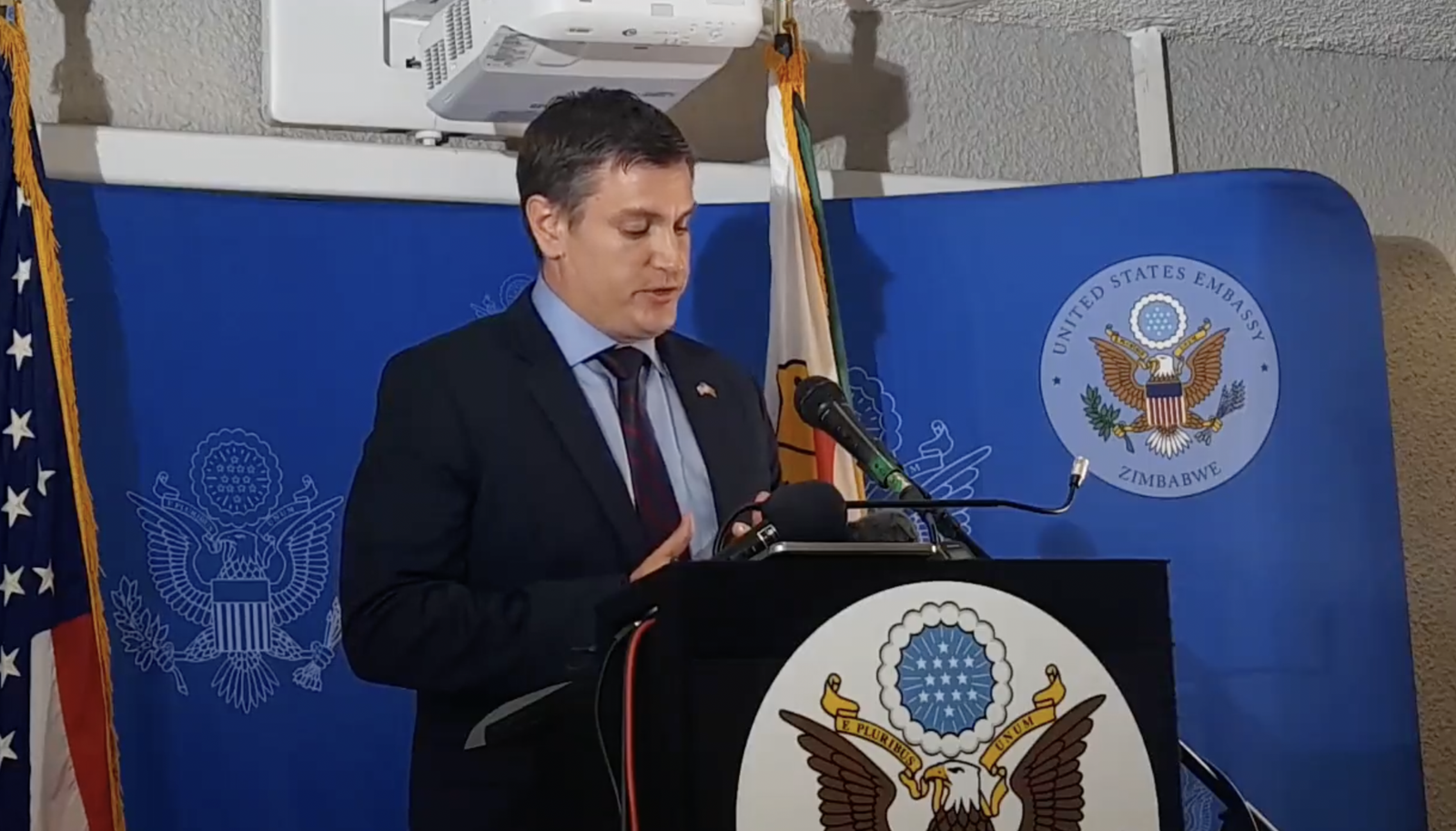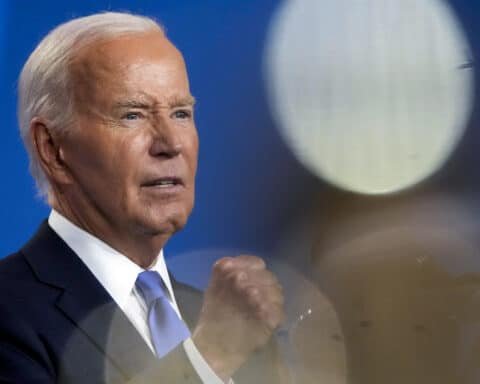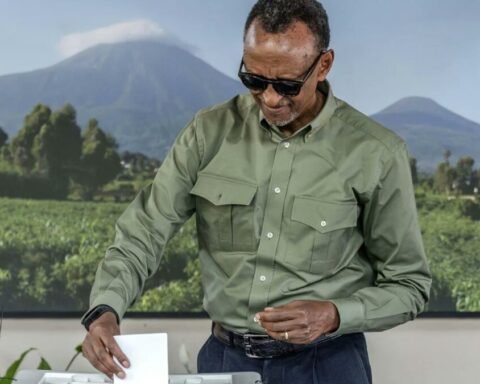HARARE – In a recent press briefing in Harare, Laurence Socha, the Chargé d’Affaires at the U.S. Embassy, detailed a strategic shift in U.S. policy towards Zimbabwe, focusing on human rights and economic investment. The U.S. Department of the Treasury has implemented targeted sanctions against 11 individuals, including Zimbabwean President Emmerson Mnangagwa, and three entities under the Global Magnitsky Human Rights Accountability Act, aimed at those implicated in corruption and human rights abuses.
Simultaneously, the U.S. has lifted broader economic sanctions that had been in place against Zimbabwe since 2003, marking a significant policy shift towards encouraging responsible business investments in the country. This move represents a transition from a broad sanctions regime to a more targeted approach, aiming to foster legitimate business opportunities while addressing human rights concerns.
During the briefing, Socha highlighted the intention behind the U.S.’s revised policy, stressing the importance of sanctions that are “timely, relevant, and targeted.” The approach seeks to isolate individuals responsible for undermining human rights without deterring broader economic engagement with Zimbabwe. “The designations are focused on senior officials and actors in the private sector currently linked to corruption and human rights abuses,” Socha explained, emphasizing the U.S. commitment to ethical governance and business practices.
Addressing misconceptions about the previous sanctions program, Socha clarified, “It was challenging under the previous ‘Zimbabwe Sanctions Program’ to overcome perceptions that Zimbabwe was off-limits for business. This is not the case.” The U.S. is keen to encourage a reevaluation of Zimbabwe as a viable destination for investment and business, pointing out the potential for growth and development in the country’s markets.
The briefing underscored the U.S.’s hope that these policy adjustments will lead to a more constructive relationship between the two countries, benefiting the Zimbabwean population. “We aim to encourage responsible investment that contributes to Zimbabwe’s economic development while ensuring accountability for those who have violated human rights,” Socha stated.
The U.S. Embassy’s press briefing shed light on a nuanced approach towards Zimbabwe, balancing the need for human rights accountability with the encouragement of economic development and investment. This strategic adjustment aims to redefine the U.S.-Zimbabwe relationship, fostering a future of mutual prosperity and respect for human rights.








